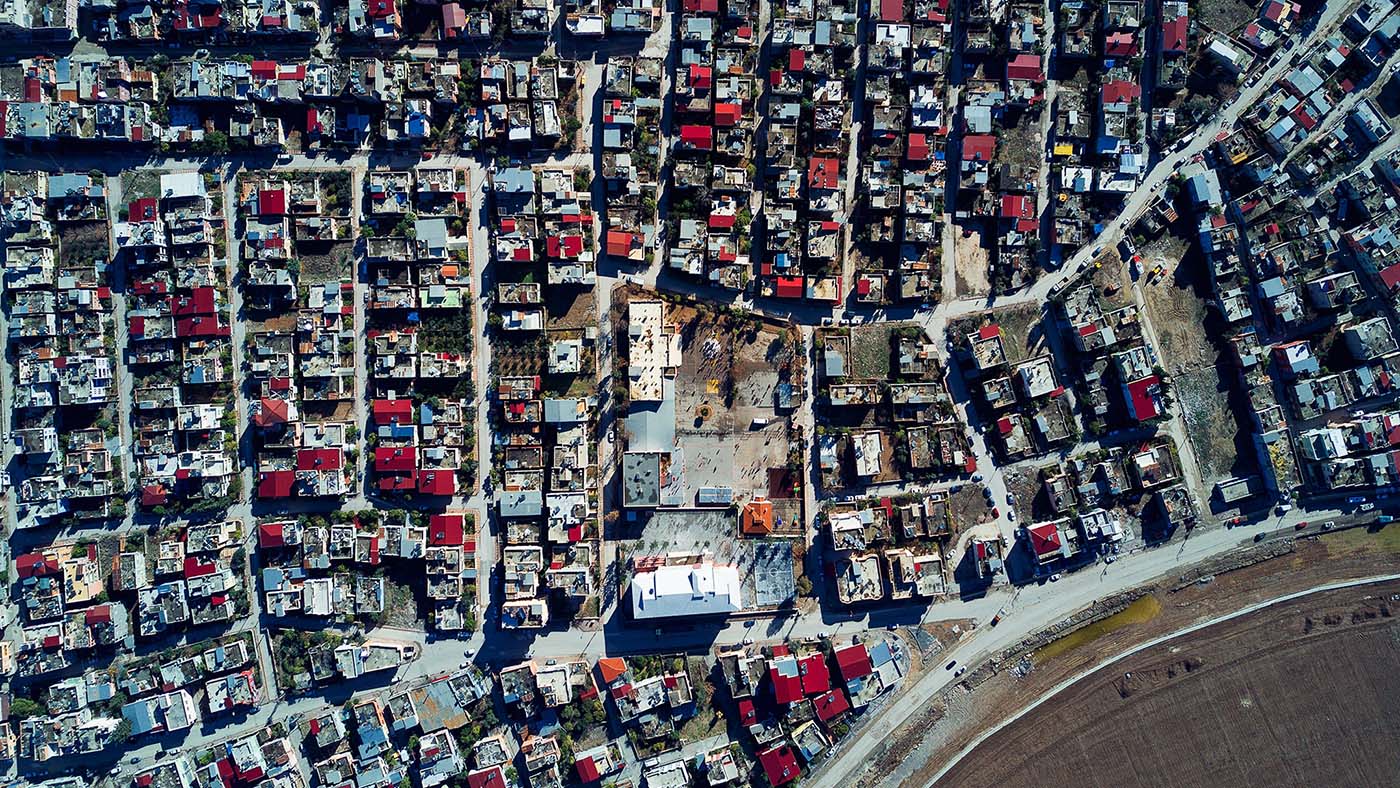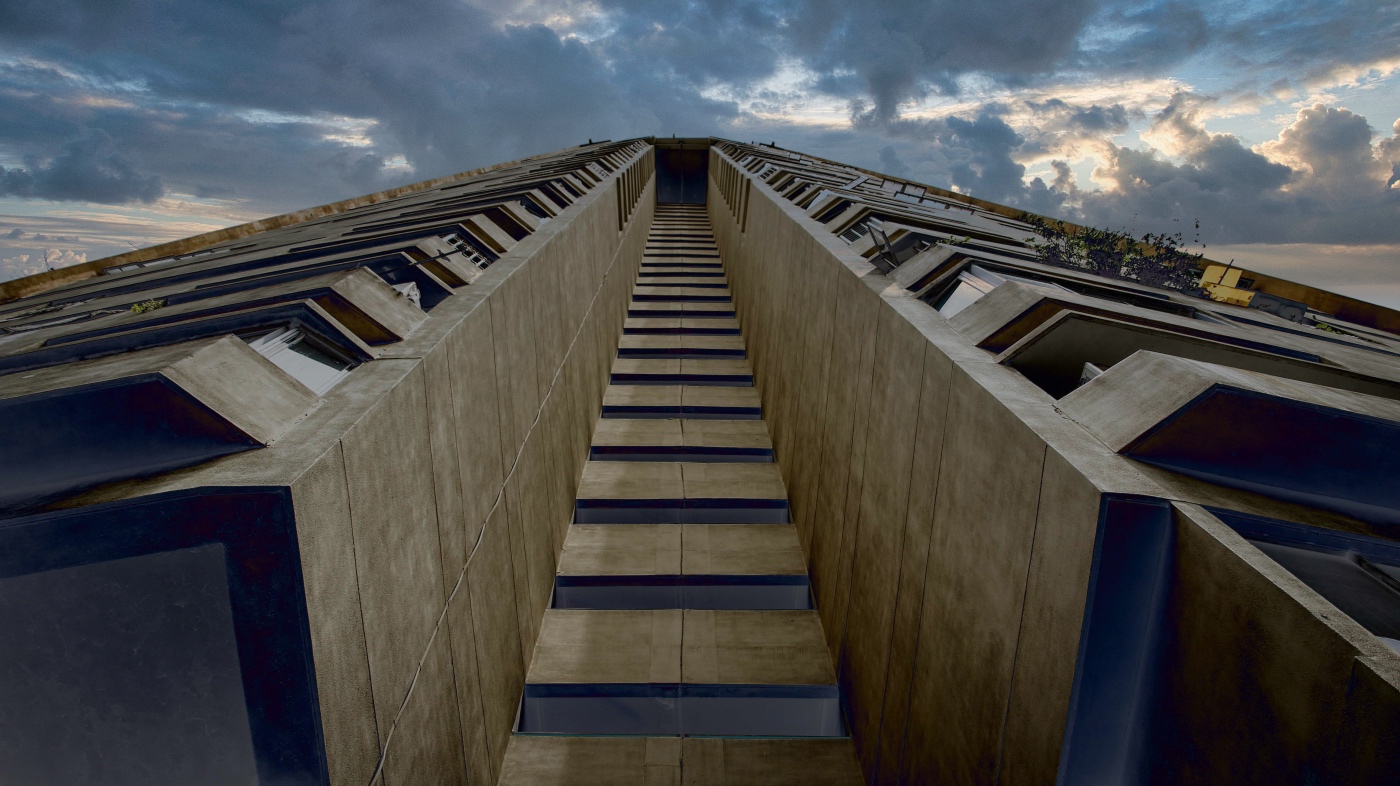Africa requires four million housing units per year to plug the affordable housing deficit. An investment of 1.4 trillion USD
From cities to the countryside, the African continent has undergone a dramatic transformation in living conditions over the past 10 to 20 years. But the majority of the African continent is facing a housing crisis more severe than ever before. Almost no matter which African country you are referring to the problem persists:
Ghana is facing a deficit of 2 million housing units, Kenya 2 million units, Tanzania 3 million units, South Africa 3 million units, and Nigeria 20 million units. A shortage of up to an estimated 56 million housing units for the African continent, of which 90 percent are in the affordable housing bracket.
Housing needs (million) in selected African countries
| Nigeria | 17.0 | Mozambique | 2.0 | ||
| DRC | 3.0 | Ghana | 1.7 | ||
| Tanzania | 3.0 | Cameroon | 1.2 | ||
| Ethiopia | 1.0 | Madagascar | 2.0 | ||
| Angola | 1.9 | Ivory Coast | 0.6 | ||
| Egypt | 3.5 | Mali | 0.4 | ||
| Uganda | 1.6 | Morocco | 0.6 | ||
| Kenya | 2.0 | Zambia | 1.5 | ||
| South Africa | 2.3 | Burkina Faso | 0.1 | ||
| Algeria | 1.2 |
Source: Council on Foreign Relations / Will Merrow, 2020
The acute need for adequate housing is driven by a growing population second to none (from 1.2 billion people in 2015 to 2.5 billion people by 2050) as the continent’s booming youth population flocks to cities in search of work. Many will struggle to find a place to call their own. The growing need is, however, also driven by poor urban planning, high cost of urban land and dysfunctional land markets, rising construction costs, and underdeveloped financial systems.
Remarkable development is occurring across the continent, but until now this trend has not been measured on a large scale, which threatens urban health and safety. Infectious diseases are especially hard to contain in densely populated, informal settlements where residents may not have access to clean water, sanitation, adequate ventilation, and emergency health care when they become sick.
The UN defines a slum household as: One that does not protect against extreme weather, has more than three people to a room, lacks access to safe water and adequate sanitation, and has no security of tenure.
(https://mirror.unhabitat.org)
In general, development is still lagging behind. However, we do see more private-public-partnerships with focus on the lower end of the affordable housing market chain formed today as means for coordinated actions against the housing challenge. And we are encouraged by the Ghanian government’s and other African government’s inclusion of affordable housing as a key priority to improve access to affordable housing.



